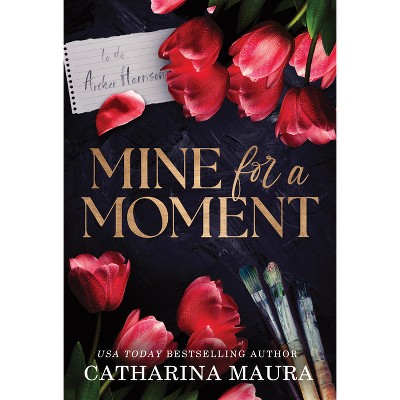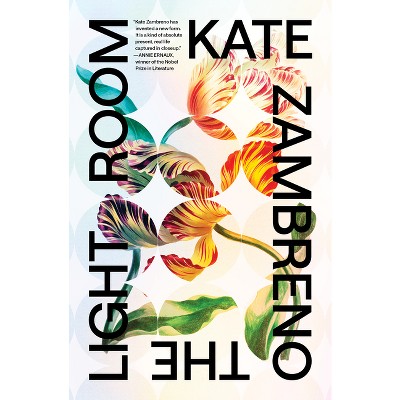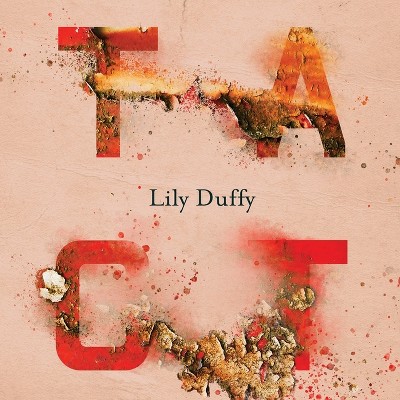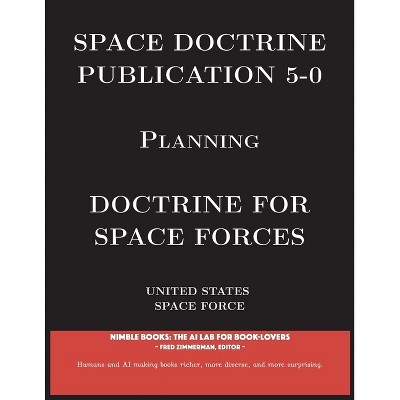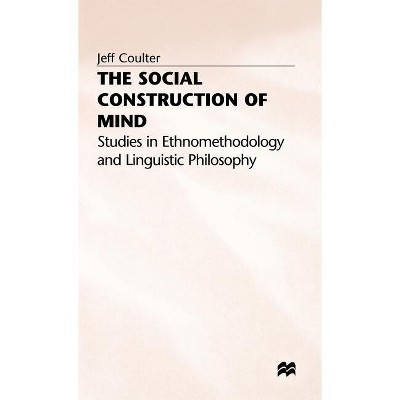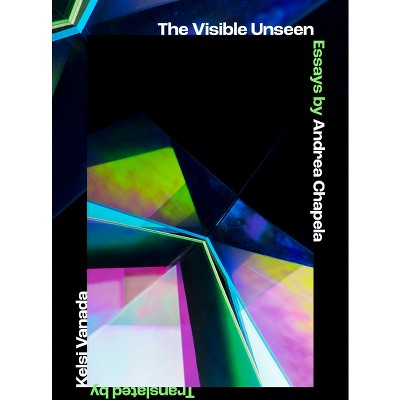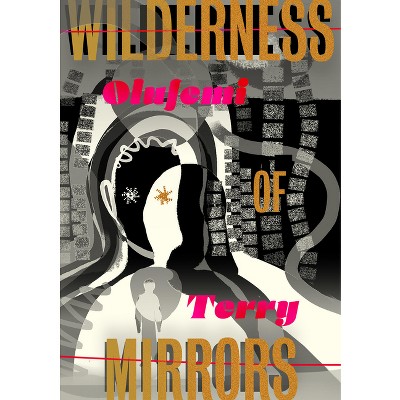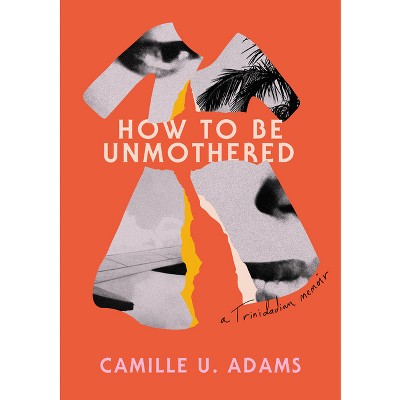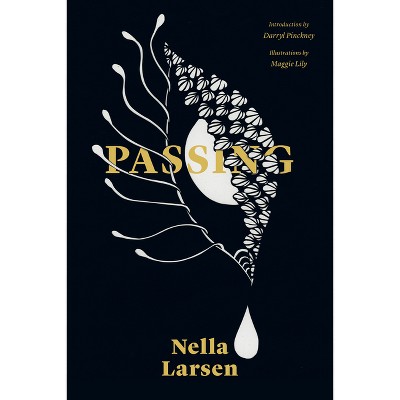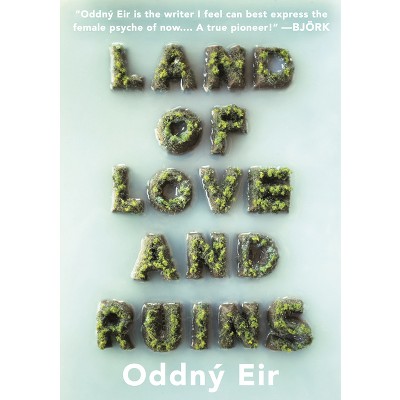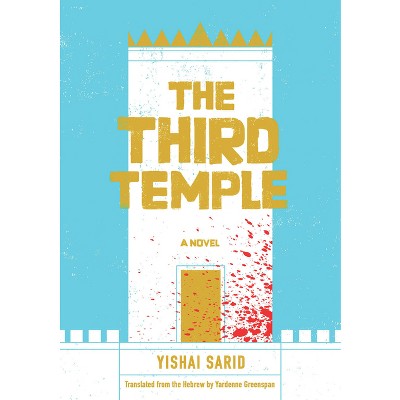Sponsored

Unexploded Ordnance - by Catharina Coenen (Paperback)
In Stock
Sponsored
About this item
Highlights
- WINNER OF THE 2023 RESTLESS BOOKS PRIZE FOR NEW IMMIGRANT WRITINGIn imaginative prose that interrogates the past with a poet's curiosity and a scientist's pen, Unexploded Ordnance seeks to answer how we are shaped by the stories we inherit.
- Author(s): Catharina Coenen
- 288 Pages
- Literary Collections, Essays
Description
Book Synopsis
WINNER OF THE 2023 RESTLESS BOOKS PRIZE FOR NEW IMMIGRANT WRITING
In imaginative prose that interrogates the past with a poet's curiosity and a scientist's pen, Unexploded Ordnance seeks to answer how we are shaped by the stories we inherit.
After moving from Germany to the US to work as a professor of biology, Catharina Coenen takes up residence in a second language to voice the questions she could not ask at home. To what extent was her grandfather implicated in World War II? What exactly did her grandmother, mother, and aunt live through? And why are women's wartime stories so seldom told? Coenen peels back generational silences to walk alongside her grandmother, who comes of age during Hitler's rise to power, watches friends disappear one by one, and flees bombing raids with her tiny daughters. Weaving reflections on language, biology, queerness, art, and memory, Coenen moves between the personal and the universal with stunning honesty and elegance.
Review Quotes
"Coenen, a German-born American botanist, has written an arresting collection of essays on what it means to live with political guilt, social trauma, and the unspoken memories not just of what Germany did in World War II, but of what was done to Germany during the conflict. . . . 'The scientist in me pores over . . . data, ' she says. But the writer in her recognizes that sometimes you must come to terms with stories that cannot be pegged into a graph or spreadsheet. A memoir of unbearable honesty about a German woman reckoning with war, family, and forgiveness."
- Kirkus Reviews
"A work of tremendous emotional and intellectual heft. . . . In lucid and lyrical prose, Catherina Coenen pieces together fragments of her German family's history through Hitler's rise to power, WWII and its aftermath. Writing in the English gives this poet and botanist a new language in which to explore the legacies of a people silenced by trauma and guilt. Coenen focuses on her family, but the narrative expands to include the universal realities of war. She channels her ancestors and witnesses with them the violences they both experienced and participated in, violences that will continue to reverberate through generations until they can be acknowledged and mourned. A beautiful and tenderly rendered debut."
-- Carmel Mc Mahon, author of In Ordinary Time
"Coenen artfully connects her family's personal experiences to larger traumas of the period. The result is a poetic and deeply felt exploration of the long shadow cast by the war."
-- Publisher's Weekly
"What happens to the body after trauma? To the bodies of those descended from trauma? What becomes of desire that has been subsumed?
These are the questions that arise from this staggering collection of essays, one that brilliantly examines the legacy and inheritance of trauma in three generations of German women. The hurts and silences, ambitions and dignities of grandmothers, aunts, mothers, and daughters take center-stage, giving voice to a range of experiences that feel both timely and timeless. As Coenen reflects on how she came to her own queer identity, she does not shrink from examining her family's past, sharing stories that implicate the suffering caused by her grandparents' Nazi ties as a powerful act against secret-keeping.
Unexploded Ordnance invites the reader to think, perhaps for the first time, about the intersection of science, immigration, choice, and memory. Coenen's perspective as a biologist informs how she brings the personal and political together, allowing the reader to see as a scientist, but through an artist's gaze. And yet, beneath the strength of her voice--frank, tender, wise--there is a way in which her expertise disappears into the work itself.
Coenen also challenges our perception of what nonfiction can be. Her approach shows both an urgency and a formal inventiveness. No two essays feel the same, and yet there is a powerful sense of cohesion in the reading experience, as well as a sense of awe--the essays are themselves small grenades thrown against walls of silence, denial, and shame. If it is the duty of the scientist to explore the natural world, Coenen does it beautifully by turning her focus to our most basic makeup: the stories we carry in our genes. We are all beneficiaries of her courage and determination."
-- Restless Prize for New Immigrant Writing Judges Grace Talusan, Jiaming Tang, and Ilan Stavans
Shipping details
Return details
Trending Literary Fiction





